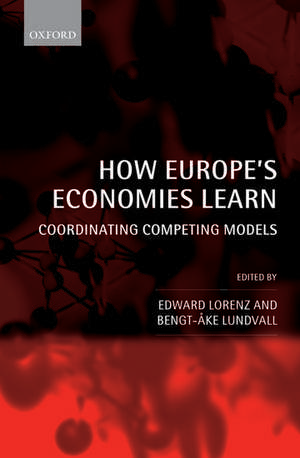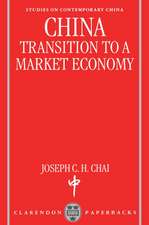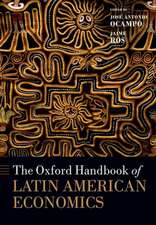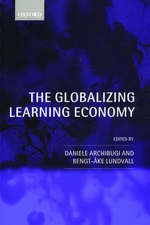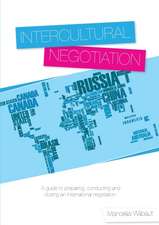How Europe's Economies Learn: Coordinating Competing Models
Editat de Edward Lorenz, Bengt-Åke Lundvallen Limba Engleză Hardback – 7 dec 2006
Preț: 345.39 lei
Preț vechi: 438.99 lei
-21% Nou
Puncte Express: 518
Preț estimativ în valută:
66.09€ • 69.19$ • 54.69£
66.09€ • 69.19$ • 54.69£
Carte tipărită la comandă
Livrare economică 25-31 martie
Preluare comenzi: 021 569.72.76
Specificații
ISBN-13: 9780199203192
ISBN-10: 0199203199
Pagini: 480
Ilustrații: numerous tables and line drawings
Dimensiuni: 162 x 240 x 32 mm
Greutate: 0.83 kg
Editura: OUP OXFORD
Colecția OUP Oxford
Locul publicării:Oxford, United Kingdom
ISBN-10: 0199203199
Pagini: 480
Ilustrații: numerous tables and line drawings
Dimensiuni: 162 x 240 x 32 mm
Greutate: 0.83 kg
Editura: OUP OXFORD
Colecția OUP Oxford
Locul publicării:Oxford, United Kingdom
Recenzii
This book is the most elaborated attempt to bridge three crucial theoretical and policy-oriented agendas: innovation, labour market and human resources. These are the very key sources for a successful European economic performance. The European Council - the most authoritative institution of the Old Continent - has clearly recognized it since its Summit in Lisbon. But what conditions should be met to transform Europe into the most dynamic knowledge economy of the world? The essays in this volume show what transformations are required to benefit from current technological opportunities. The contributors indicate that Europe can pioneer a new way of managing innovation and human resources in the world learning society.
We have long been familiar with 'learning by doing' and 'learning by using'. The editors of this book have each contributed a great deal to our understanding of both of these types of learning. But these and other types of learning often depend on comparisons between a variety of cases... The developing European Union offers a wonderful opportunity for the deployment of this technique and the book takes full advantage of this opportunity for the original and creative method of international comparisons in learning.
The knowledge economy is said to be the future of Europe. The scholars, here assembled, display their quite extensive and diversified expertise in order tocarefully investigate why and how the learning economy requires definite complementarities between the academic world, the innovation system, the organisation of welfare and firms. They argue that the diversity of institutionalized learning processes is a chance and an invitation to redesign most domestic and European policies. The clarity of the diagnosis is a source of hope for renewed economic dynamism in Europe.
We have long been familiar with 'learning by doing' and 'learning by using'. The editors of this book have each contributed a great deal to our understanding of both of these types of learning. But these and other types of learning often depend on comparisons between a variety of cases... The developing European Union offers a wonderful opportunity for the deployment of this technique and the book takes full advantage of this opportunity for the original and creative method of international comparisons in learning.
The knowledge economy is said to be the future of Europe. The scholars, here assembled, display their quite extensive and diversified expertise in order tocarefully investigate why and how the learning economy requires definite complementarities between the academic world, the innovation system, the organisation of welfare and firms. They argue that the diversity of institutionalized learning processes is a chance and an invitation to redesign most domestic and European policies. The clarity of the diagnosis is a source of hope for renewed economic dynamism in Europe.
Notă biografică
Edward Lorenz was awarded a BS in Economics from MIT in 1975, an MA in Economics from the University of California, Berkeley in 1977, and a Ph.D. in Economics from the University of Cambridge in 1983. He is currently Professor of Economics at the University of Nice-Sophia Antipolis. He also holds the posts of Research Associate at the Centre d'Etudes de l'Emploi, France and Assigned Professor at Aalborg University, Denmark. His research interests include innovation systems, knowledge management, and organisational behaviour.Bengt-Åke Lundvall is Professor in Economics at the University of Aalborg.
